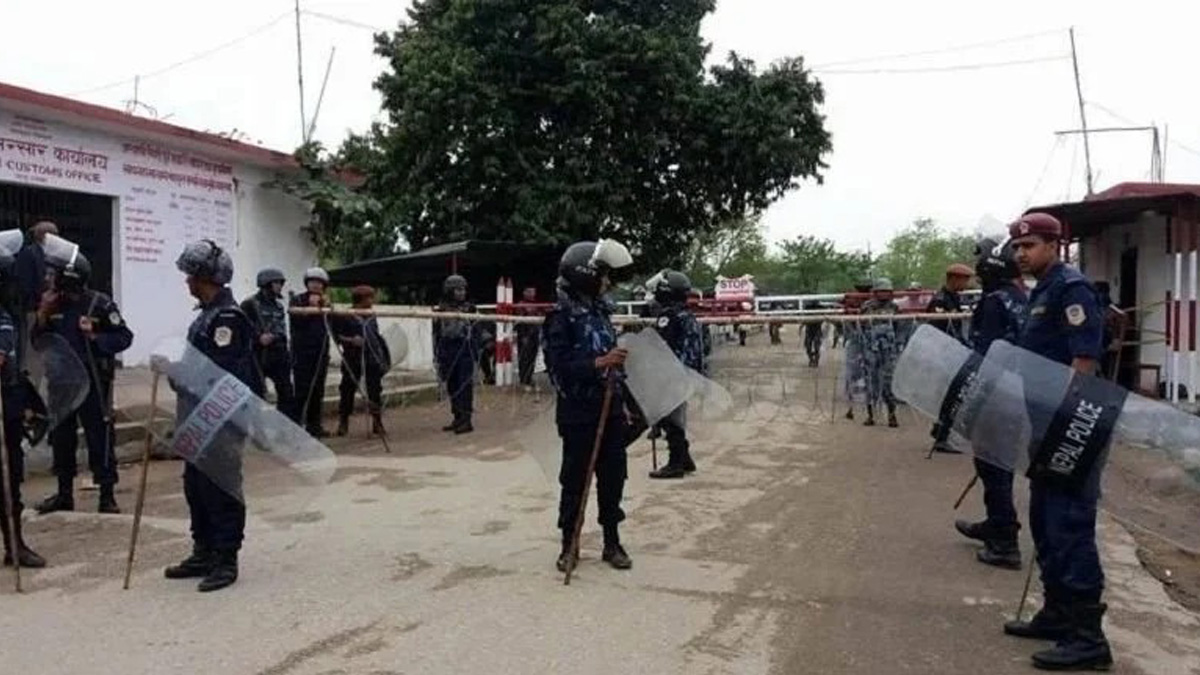
Rising Smuggling Spurs Calls for Harmonized Tax Systems Between Nepal and India

Smuggling across the Nepal-India open border continues to rise, with stakeholders citing the absence of a uniform tax system between the two nations as a significant factor. Industrialists and business leaders in Birgunj have emphasized the need to align Nepal’s customs assessment system with India’s Goods and Services Tax (GST) to address the issue effectively.
The open border between Nepal and India has facilitated trade but also created opportunities for illegal import and export. Stakeholders argue that uniform tax systems would help curb smuggling by eliminating price disparities.
Hari Gautam, Senior Vice-President of the Birgunj Chamber of Commerce and Industry, highlighted the issues.
“At present, illegal trade is thriving due to significant differences in the pricing of goods between Nepal and India. Harmonizing the GST and customs duties could help reduce smuggling and address the informal economy,” he said.
The Armed Police Force (APF) in Parsa reported seizing goods worth Rs 151.8 million in the first four months of the current fiscal year. Confiscated items include clothes, electronics, motor parts, hardware, and food products. Additionally, goods worth Rs 26.43 million were intercepted for lacking proper invoices during the same period.
Stakeholders caution that the rise in illegal trade distorts market competition and undermines revenue collection.
“The current system fosters an environment where smugglers thrive,” said Gautam, advocating for reduced disparities in customs duties and taxes between the two nations.
The business community believes aligning tax policies would not only control smuggling but also bolster formal trade and economic cooperation. The call for harmonization is growing louder as both nations grapple with the consequences of unchecked illegal trade.
Addressing this issue will require coordinated efforts between Nepal and India, ensuring that cross-border trade supports economic stability and growth rather than fostering an illicit economy.












Comments